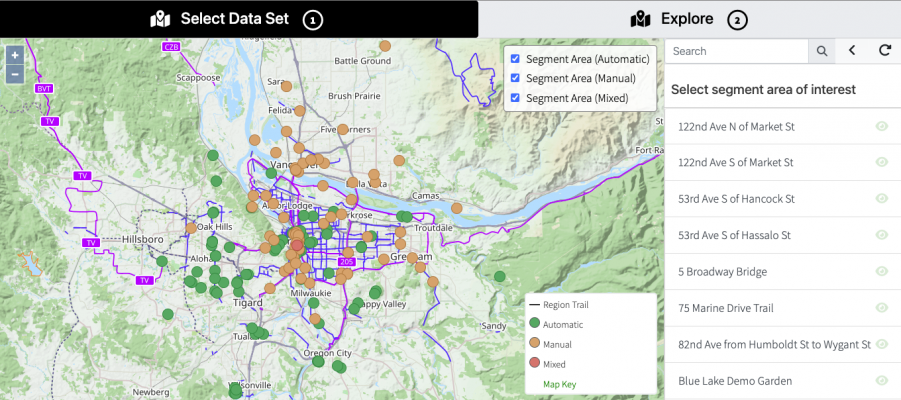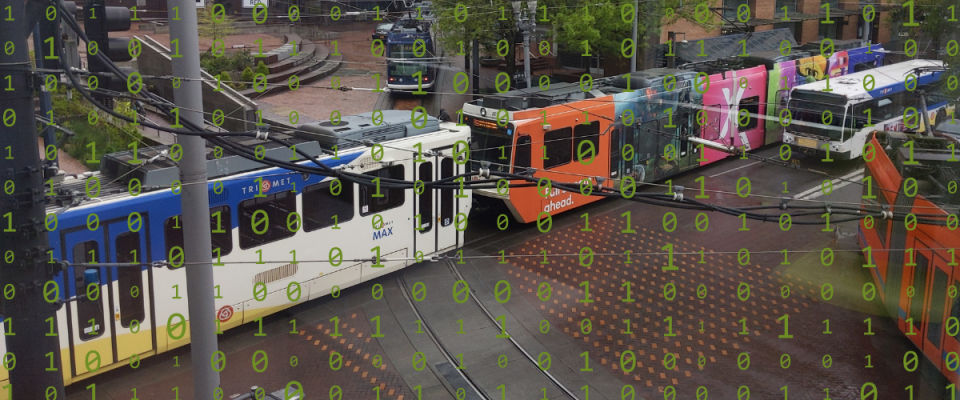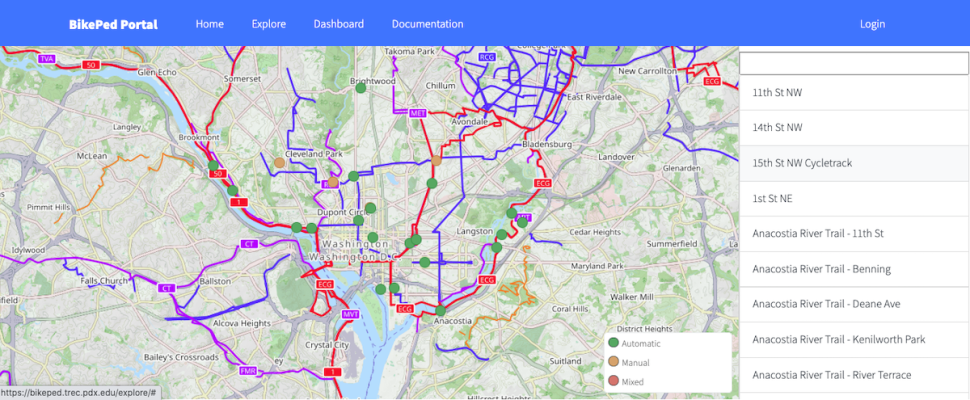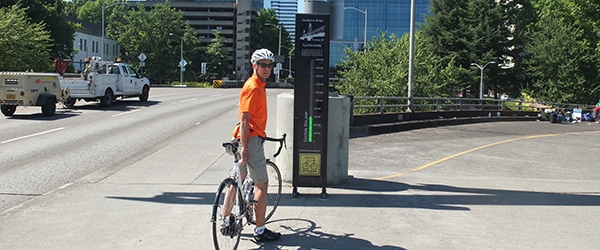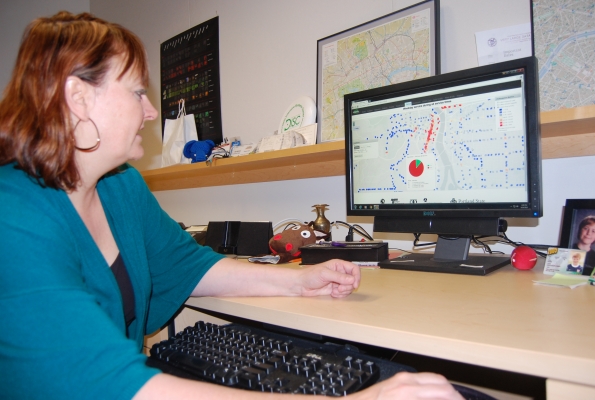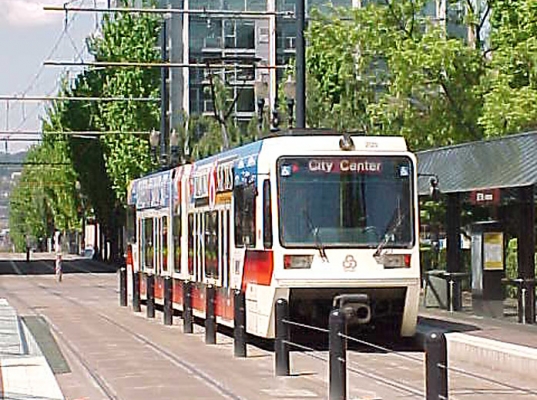In recent years, cities and counties all across the United States have invested in bicycle and pedestrian counters. Having reliable data on non-motorized traffic can help jurisdictions make informed decisions about infrastructure investments, measure the effectiveness of biking and walking initiatives, and improve safety.
But having a bike-ped count program is just the beginning.
Once counts have been collected, cities face new challenges. How can multiple agencies share data among themselves? How can data be standardized and compared? And what is the most effective way to communicate what the numbers mean?
Enter Bike-Ped Portal, the comprehensive non-motorized data management system for manual and automated non-vehicular multi-modal counts housed at Portland State University (PSU). This specialized data lake and management system is designed to make sharing data—within an agency, with partners at other agencies, and with the public—easily accessible. The newest feature we've added is a regional dashboard for the Portland, OR and Vancouver, WA metropolitan area.
DATA QUALITY
...
Read more
